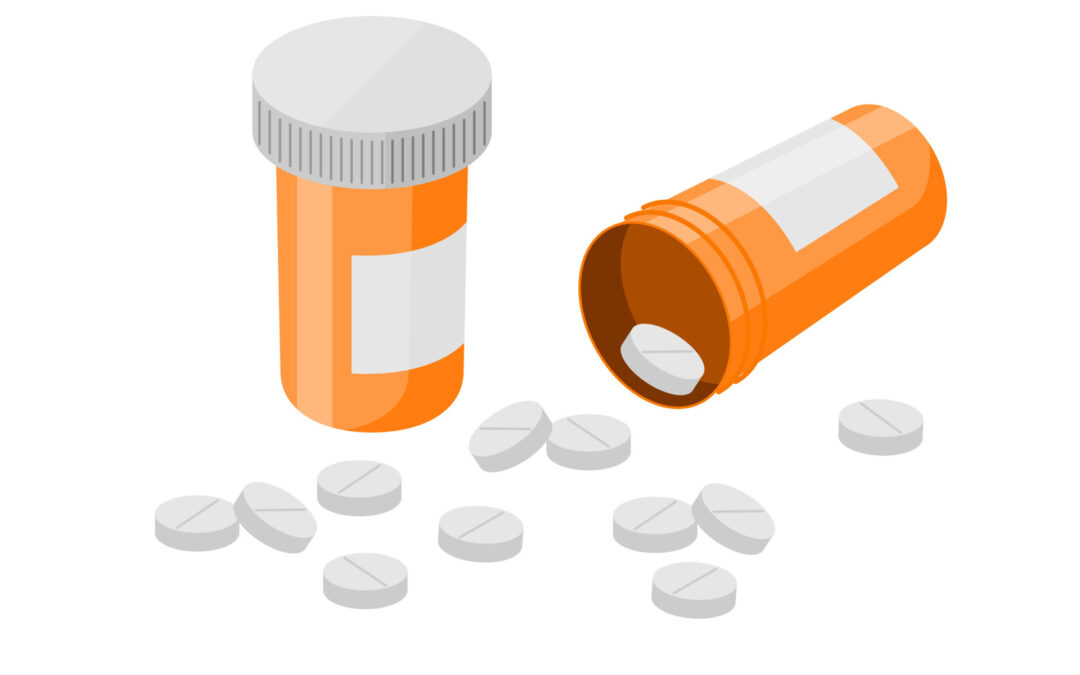The use of psychotropic medications, such as selective serotonin reuptake inhibitors (SSRIs), serotonin-norepinephrine reuptake inhibitors (SNRIs), benzodiazepines (benzos), and ADHD medications, is common in the treatment of mental health conditions. However, some patients may not experience significant symptom relief with these medications, or may experience unwanted side effects. This is where ketamine therapy may come in as an alternative treatment option.
At Emerge Ketamine, we often work with patients who are taking psychotropic medications but are still experiencing symptoms of depression, anxiety, or other mental health conditions. While there is no one-size-fits-all approach to treating mental health conditions, ketamine therapy may be a useful adjunct to traditional medications.
SSRIs and SNRIs are commonly prescribed for the treatment of depression and anxiety. These medications work by increasing the levels of neurotransmitters like serotonin and norepinephrine in the brain. However, some patients may not respond to these medications or may experience unwanted side effects, such as weight gain, sexual dysfunction, or gastrointestinal issues.
Ketamine therapy, on the other hand, works by blocking a receptor in the brain called the NMDA receptor, which can lead to an increase in certain neurotransmitters, such as glutamate. This increase in neurotransmitters is thought to help improve communication between brain cells and improve mood and other symptoms associated with mental health conditions.
While SSRIs and SNRIs may take several weeks or even months to take effect, ketamine therapy can provide rapid relief from symptoms. In fact, many of our patients report feeling better within hours of their first ketamine infusion. This rapid relief can be particularly useful for patients who are experiencing severe symptoms or who are at risk of self-harm.
Benzodiazepines, or benzos, are a class of medications commonly prescribed for anxiety and sleep disorders. While these medications can be effective in treating these conditions, they are also associated with a risk of dependence and withdrawal. Additionally, some patients may not respond well to these medications or may experience unwanted side effects, such as drowsiness or impaired coordination.
Ketamine therapy may be a useful alternative for patients who are not responding to benzos or who wish to avoid the risk of dependence. Ketamine has been shown to have sedative effects and may help patients achieve better sleep. Additionally, ketamine is not associated with the same risk of dependence or withdrawal as benzos.
ADHD medications, such as stimulants like Adderall or Ritalin, are commonly prescribed for the treatment of ADHD. These medications work by increasing the levels of neurotransmitters like dopamine and norepinephrine in the brain. However, some patients may not respond well to these medications or may experience unwanted side effects, such as increased heart rate or difficulty sleeping.
Ketamine therapy may be a useful adjunct to ADHD medications for patients who are still experiencing symptoms or who wish to avoid the risk of side effects. While ketamine does not directly target ADHD symptoms, it may help improve mood and overall functioning, which can have a positive impact on ADHD symptoms.
It is important to note that patients should not stop taking their psychotropic medications without first consulting with their healthcare provider. Abruptly stopping these medications can lead to withdrawal symptoms or a worsening of symptoms. Additionally, patients should be evaluated by a medical professional before beginning ketamine therapy to ensure they are a good candidate for the treatment.
In conclusion, while psychotropic medications can be effective in treating mental health conditions, some patients may not respond to these medications or may experience unwanted side effects. Ketamine therapy may be a useful adjunct to traditional medications for these patients. However, patients should always consult with their healthcare provider before making any changes to their medication regimen.

